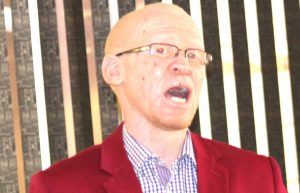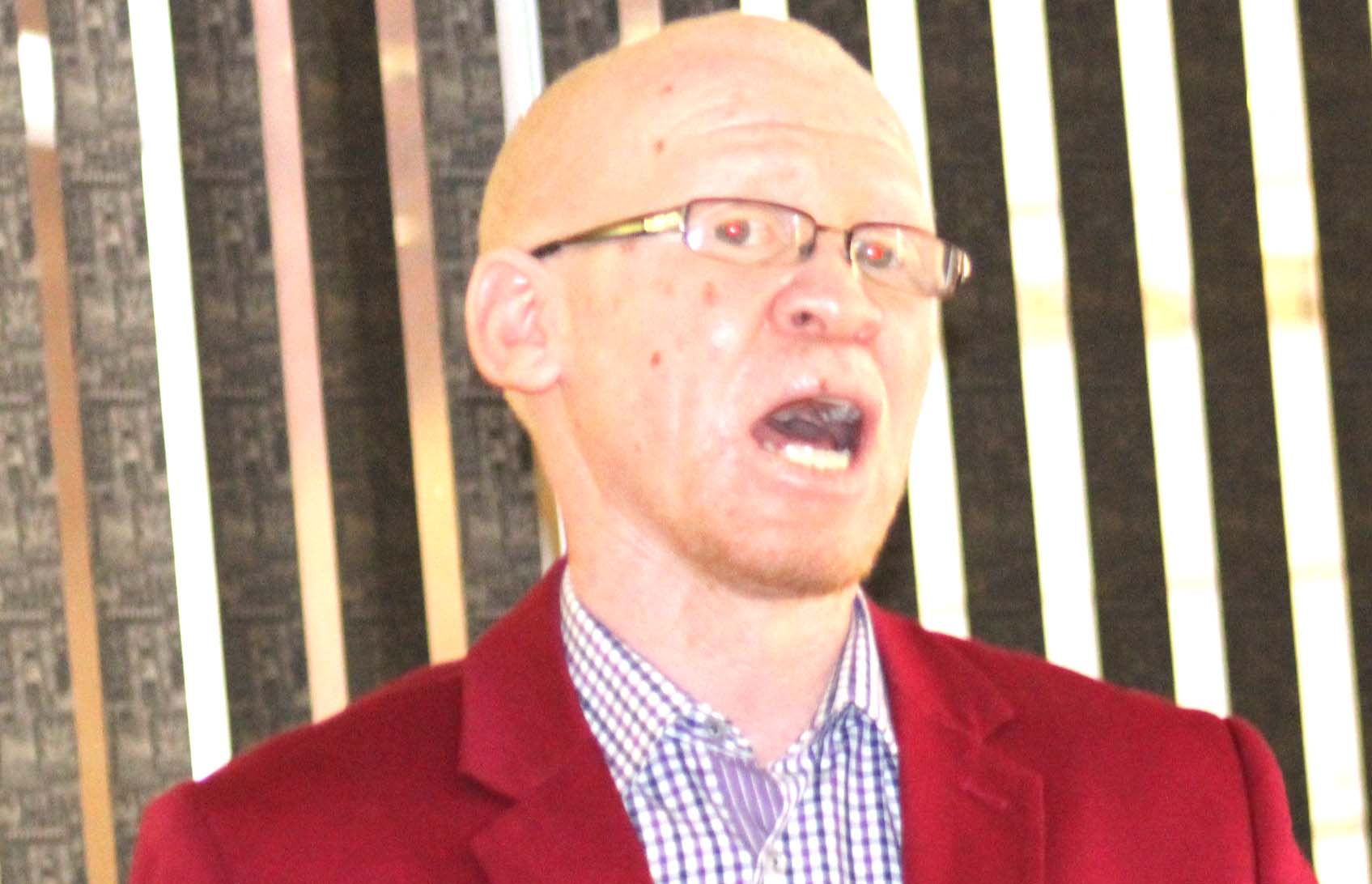Bongiwe Zihlangu

The Southern African Development Community (SADC)’s resolve that Lesotho should have gone for a fresh election by February 2015 “is a quick-fix solution to more underlying problems”, analysts say.
Political analysts who spoke to the Sunday Express are adamant the Maseru Facilitation Declaration signed on Thursday by Lesotho’s political leaders from both government and the opposition believe the elections are a quick-fix to more complex problems but add “it’s a solution that is needed for now”.
According to the Declaration, Parliament would reconvene on 17 October and only limit its work to “the passing of a budget for the holding of the elections and other election-related matters”.
The analysts highlight, among others, tension between the different political parties and the country’s compromised security situation as major concerns which should also be looked into thoroughly.
Dr Motlamelle Kapa of the Department of Social Sciences at the National University of Lesotho (NUL) says SADC had no option but to find a temporary solution to Lesotho’s problems, hence Thursday’s agreement.
“It is indeed a quick-fix arrangement, but I don’t see what else could have been done, with SADC seeing the imminent collapse of government, coming in the form of such things as cabinet no longer sitting,” Dr Kapa says.
“Going for elections would also help confer the questioned legitimacy of the coalition government, having lost the majority of seats in parliament.”
He adds: “It will also be the best way to test if any other party has the same legitimacy and claims always by politicians that what they do is in the name of the public, when the same people restore them back to power.”
Dr Kapa further points to the security situation in Lesotho, and questions how the country is expected to hold a free and fair election if it does not improve.
“My concern is how are we expected to go for elections under the current security climate? How are parties expected to campaign? The security issue needs to be resolved,” Dr Kapa says.
“If previously we’ve had a situation whereby there was violence during the last election campaign in-spite of a stable security environment, it’s likely to be worse now.
“I don’t see how we can have elections under the current security situation.”
On the question of the mandate of Parliament prescribed by SADC when it resumes in a fortnight, Dr Kapa says he hopes the MPs stick to the Declaration, adding it is only when politicians across the board have the interests of Basotho at heart “that they will abide by the conditions set”.
“If they have the interests of the nation at heart, they will abide by it. But if they are there for self-serving purposes, chances are SADC will abandon us,” Dr Kapa says.
“But I believe they have the wisdom to realise the value of implementing the Declaration as is, as failure to do so would plunge Lesotho into a crisis that we won’t be able to haul ourselves from.”
But Dr Kapa also warns that without the implementation of the recommendations of the New Zealand Report that include Parliamentary and Constitutional reforms, “more problems lie ahead”.
“If they don’t implement these reforms now, the cause of the current problem will continue to plague us beyond next year’s election,” Dr Kapa says.
Meanwhile, Tsikoane Peshoane, a political analyst and Programmes Director at the Transformation Resource Center (TRC), says Lesotho is faced with a “very emotional election” because SADC did not address the core issues.
“This coming election will be very emotional and even very small mistakes could drive people over the edge and possibly create problems,” Mr Peshoane says.
“This is partly because SADC did not address, in detail, issues at the core of the current political turmoil.”
According to Mr Peshoane, the poll would be very sensitive, with all stakeholders watching every minute detail closely “because they are going to determine the political future of this country”.
“These elections are going to determine the political futures of people like Prime Minister Thomas Thabane, former Prime Minister Pakalitha Mosisili, Deputy Prime Minister Mothetjoa Metsing and many others,” Mr Peshoane asserts.
“And because of the emotions involved, chances are whoever emerges the winner at the end of the day, will look to seek revenge against his rivals who would have lost.”
Furthermore, Mr Peshoane highlighted the timeframe allocated the elections, questioning whether the monitoring committee working together with the Independent Electoral Commission (IEC) to organise the poll, would be able to “manage the political parties”.
“There are tensions already within and among the political parties. Can the monitoring committee easily manage these parties, when they themselves (the parties), don’t get along?” Mr Peshoane noted.
“When and how are they going to develop structures to manage these problems?”
However, another political analyst, Arthur Majara begs to differ, telling the Sunday Express that the Maseru Facilitation Declaration was binding to neither Dr Thabane nor MPs in terms of the country’s laws.
“The Declaration does not bind. It’s up to the PM based on government legislation, whether or not to implement or reject it. And if he doesn’t honour it, nobody can hold it against him,” Mr Majara says.
“SADC’s work is primarily to intervene where there are problems, but can’t set rules as to what governments should and shouldn’t do.”
He adds in terms of Lesotho’s legislation “MPs aren’t bound not to propose a motion for a no-confidence vote.
“If the MPs decide to move such a motion when Parliament resumes, it’s up to the Speaker of the National Assembly, to appeal to their emotions instead of issuing orders and using his powers, that it can be averted,” Mr Majara says.
“Because a motion of that nature is subject to a vote, most might eventually decide not to support it in spite of their numbers, and opt for peace instead.”
But Mr Majara is quick to add the security situation needs to be resolved, although it should not be viewed solely from the context of ‘ousted’ Lesotho Defence Force (LDF) Commander Lieutenant General Tlali Kamoli, who has refused to step, despite being fired by the PM on 29 August 2014.
“The security issues should be viewed from a broader perspective instead of from the context of Kamoli. There’s a lot involved where Lesotho’s security problems are concerned,” Mr Majara says.


Comments are closed.